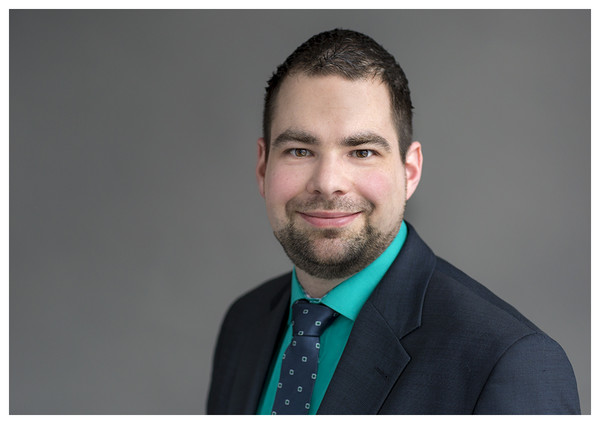In a nutshell, how would you describe the background of the IMO Maritime Safety Committee’s work on fuel oil safety?
The Maritime Safety Committee (MSC) is the International Maritime Organization’s (IMO) technical body in charge of the international regulations regarding safety and security. This includes the responsibility for a number of international conventions like the International Convention for the Safety of Life at Sea (SOLAS), the most important of all treaties dealing with maritime safety. As all ships continuously need energy, a safe use of fuels is essential for crews and ships all over the world. In the last years, the maritime world has been facing a number of changes and challenges regarding fuels, for example the implementation of the sulphur limit under the MARPOL regime. In 2018, delegations reported cases where the fuel supplied to ships has been found not compliant with the existing regulations which adversely affected the safety level. Accordingly, the MSC agreed to start a new agenda item to discuss further measures to enhance the safety of crews, ships and nature in the use of oil fuels.
Can you describe your role as Chairperson of the MSC’s Working Group on Fuel Oil Safety?
The task of chairing a Working Group is quite simple – in theory: The Committee gives specific tasks to the Working Group. The Working Group Chair has to guide the Groups’ deliberations on the tasks given, to develop consensus in the Group and report back to the Committee. In practice, the Chair has to tackle challenges like ensuring that the Group follows the rules and procedures, summing up numerous and lengthy statements, remaining neutral and bringing together diverting views. In total, it is a demanding role but with the support of the IMO Secretariat and the Group itself it is a really great experience.
What is the biggest challenge facing the IMO in relation to fuel safety today?
The speed of evolvement of new technologies has always been faster than the development of safety provisions for such technologies. In general, safety legislation is developed after gathering experience, which unfortunately includes incidents. Ambitious goals for the reduction of greenhouse gas emissions can only be achieved through the use of sustainable alternative fuels and technologies. The challenge for the maritime world is to have the technologies available together with all measures related to the safe use thereof, which includes provisions for ship design and arrangement, crew training, bunkering and more. And even more challenging, the nature of international shipping requires a globally harmonised approach. We, so my colleagues in the German Federal Ministry of Transport and Digital Infrastructure and myself, are aware of these challenges and are working every day on ensuring the safe, sustainable and climate-friendly future of maritime transport.
How do you see safety challenges related to fuel oil and alternative fuels evolve in view of the IMO’s initial GHG Emissions Strategy?
For a really long time, the fuel used on board almost all ships across the world was oil. Over the last few decades, environmental and climate protection became more and more important, and so the proportion of alternative and renewable fuels has continuously increased and continues to grow. We’re now facing safety problems with fuels we have been using for decades. On the other hand, there are alternative fuels we want to bring on board without any experience. For both, the challenges are the same: safety can never be guaranteed, but the risk emanating from the use of fuels should be mitigated as far as practicable.
Is there anything that you would like to see underwriters do differently or better?
I’d like to ask that insurers and IUMI continue their valid contribution to the development of safety provisions. Sharing knowledge and expertise will help us all understand the emerging challenges and opportunities that we will inevitably face.
If you could wave a magic wand and change one thing in the shipping industry what would it be?
I’d really like to have the blueprints for a “perpetuum mobile propulsion system” that would make the use of fossil fuels unnecessary and what would provide safe, sustainable and cheap energy to the entire world – and reduce my workload…
If you were not in your current role what would be your ideal job?
Without shipping in my life I’d probably work on my family’s farm in Bavaria.
What do you like doing when not working?
I have two little girls at home who manage quite well to keep me busy. When my time allows, I like to ride my bike or motorcycle.
